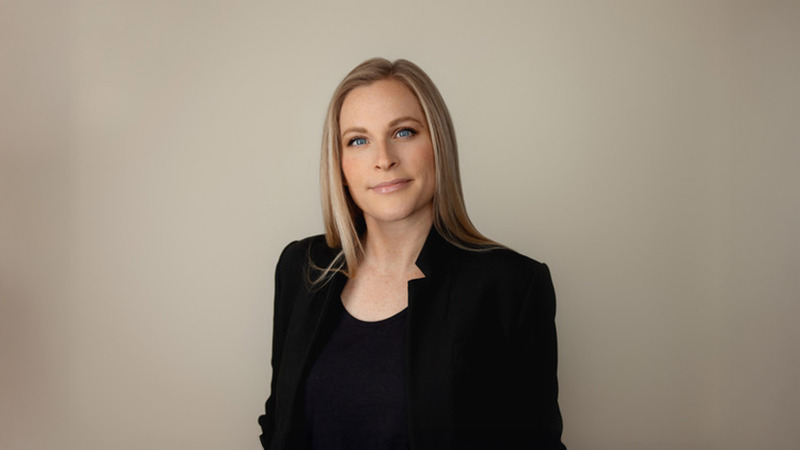You are viewing your 1 free article this month. Login to read more articles.
E-book prices may rise as VAT law kicks in
Publishers and retailers will aim to prevent e-book prices from soaring when a new European-wide VAT law on digital products is introduced on 1st January.
Following a European Commission ruling dating back to 2008, e-books and other digital services—including broadcasting and telecommunications—will be taxed in the European member state in which the consumer is located, as opposed to the country from which the product is sold.
The move prevents Amazon, Nook and Kobo from applying a low 3% tax on e-books sold to European countries, because their headquarters are in Luxembourg. Instead, the e-book retailers will have to apply the standard UK VAT rate (20%) to e-books sold into the UK. As a result, Luxembourg stands to lose around €800m a year from the ruling, while the UK and Germany stand to gain around €350m each per annum.
It also threatens to raise the price of UK e-books on Amazon, Kobo and Nook websites come January, and begs the question of who will carry the burden of the extra VAT charge those retailers will have to pay.
A HarperCollins spokesperson told The Bookseller the pricing issue was “complex”, and said “there is no one-size-fits-all solution, beyond the absolute assurance that we’re doing everything we can to minimise the impact on consumers while protecting our authors’ royalties.”
A Kobo spokesperson said: “We will continue to work closely with our publisher partners, both agency and wholesale, to bring our customers the best possible offering.”
But others have warned Amazon would face a “revolt” if it tried to make publishers pay the VAT shortfall. Alessandro Gallenzi, founder of Alma Books, said: “This isn’t a thorny issue, it’s a hornets’ nest. Who will take the hit? I don’t know. Amazon has so far been absorbing it; I doubt it’ll do the same moving forward. However, if it tried to force it on publishers there will be revolt—and Amazon knows that.”
Andrew Johnston, managing director of Quiller Publishing, said that come January, either “Amazon will cushion the rise itself—though I cannot see that happening, it will put prices up—or come to publishers and ask for extra discount . . . but I haven’t heard anything on that front yet.”
Enders analyst Douglas McCabe said he suspected price increases would be “relatively small in the medium-term” but would creep up over time, “with huge discounts still applied on a tactical basis”.
Richard Asquith, vice-president of global tax at online accounting service Avalara, expects retailers to adopt the “Ryanair-style” model of adding VAT at the till. He said: “Companies are getting much better at protecting their margins. If they don’t increase prices on 1st January they will do it soon [after]. Otherwise it’s a huge dent in their business model. It’s inevitable that it will come.”
Another aspect of the new law is the logistical challenge faced by retailers who sell e-books abroad—and publishers who sell direct to consumers—of paying different VAT charges in different countries in Europe. To simplify the process, the UK has set up a Mini One Stop Shop (MOSS) system, which opened for registration on Monday (20th October) and enables publishers and retailers to pay just one return and payment (see column, right).
The Publishers Association and the IPG have been working with HMRC and tax advisers to run training sessions preparing members for the new law. HarperCollins’ spokesperson said it had “put processes in place and is confident it can manage the change”, while Lara Borlenghi, finance director at Pan Macmillan, confirmed the company had been planning for the changes “for some time”.
Amazon calls for equal VAT rate
UK retailers have welcomed the new tax law for “levelling the playing field” for digital book sales, but have called for VAT on print and digital titles to be equalised.
UK organisations such as Waterstones, The Book People and National Book Tokens have had to apply a 20% VAT on e-book sales to date, while competitors Amazon, Kobo and Nook have been able to charge just 3% because they have headquarters in Luxembourg, where a lower rate applies. The retailers have welcomed the change in VAT law to address this imbalance, but are not convinced it will mean an automatic increase in their digital market share, which Amazon dominates, selling roughly 85% of all e-books in the UK.
Fran Dubruille, director of the European and International Booksellers Federation, said: “It is definitely good news and will put an end to the ‘low VAT shopping’ practised by some international retailers.”
A Waterstones spokesperson said: “We think this is a step in the right direction, as it puts to an end to an unfair era of vastly differing rates being charged by different retailers . . . but DRM is a far more significant barrier to creating a level playing field in the market.”
Despite the ruling, booksellers across the spectrum have argued that digital books should attract the same 0% VAT rate as physical books in the UK. An Amazon spokesperson said: “Amazon’s view is that the same reduced VAT rate should be applied for both p-books and e-books. Customers expect the same VAT rates for e-books and p-books, and we agree.”
This stance is supported by the Publishers Association. Its c.e.o. Richard Mollet said: “We believe that this difference in treatment could hamper the development of the digital marketplace.”
Matthew Cashmore, Blackwell’s digital director, called the disparity “idiotic” and “stupid in the extreme”. A Waterstones spokesperson said a 20% VAT rate on e-books was “hard to justify to consumers who consider e-books just another form of book”. It added that any threat to the 0% VAT rate applied to printed books would be “strongly opposed” by the retailer.
VAT Law: Are you ready?
Publishers need to be familiar with the major changes to VAT law, which come into force on 1st January 2015. They will apply to many businesses trading in any of the EU’s 28 member states. The services affected include broadcasting, telecommunications and e-services, such as e-books.
From this date, supplies of these services to any non-VAT registered consumer will be subject to the rate of VAT applicable in the customer’s location—not necessarily straightforward to determine in itself—and, as a result, businesses will need to remit payment to each EU member state where sales occur. To avoid the need to register in up to 28 different EU member states, publishers can opt for the Mini One-Stop Shop (MOSS) alternative: registering in its home jurisdiction only, and submitting only one return and payment.
MOSS: good news or bad?
Businesses can apply for MOSS registration as of October 2014, so that the system is ready to use from 1st January 2015. On the face of it, MOSS is good news. However, there is a nasty “sting in the tail” if businesses fail to comply with the MOSS requirements in each of the 28 member states in which they trade.
Failure to comply with the new rules
Businesses that register under the MOSS system will need to be aware of the potential sanctions applicable:
- Penalties for late return submission and late payment will be subject to the rules in the member state of consumption; i.e. up to 28 different penalties could apply.
- If a business receives reminders for three consecutive quarters and does not submit/pay the return within 10 days of each reminder, it will be considered a “persistent defaulter” and excluded from the MOSS scheme (unless the amounts are less than €100 per quarter).
- Records will need to be available electronically to the member state of registration or to the member state of consumption on request. Any business failing to comply within one month of receiving a reminder will be classified as a “persistent defaulter” and will be excluded from the MOSS scheme.
P K F Littlejohn is a business advice and accountancy service based in London

















